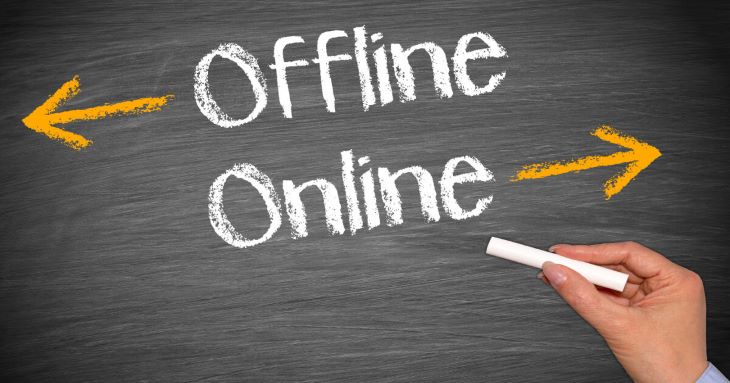
Marketing is essential for all businesses, regardless of which sector they are involved in. It helps them establish their brand, attract potential customers, help you track results, and improve customer communications.
There are two main channels of marketing – online and offline. And while digital marketing has been the buzzword in the last few years, traditional marketing methods remain relevant and helpful. Interestingly, integrating online and offline marketing produces the best results for a business when done correctly.
But what are the benefits of integrating these two marketing channels, and what are some ways of doing so? Find out in this article.
You can reach out to a larger audience
Online marketing helps you reach out to a large audience and allows your company to expand its reach. You can target people who are not online, which means that your campaign has the potential to reach millions of prospects around the world.
Build long-term relationships
A relationship with a customer is invaluable and can lead to more sales and repeat business, which are both good things for your business.
You can use social media to build relationships with customers. For instance, if you have an Instagram account and share photos showing your products in real-life settings. And don’t forget about Facebook! You could create a group where people can talk about their experiences using your product or service.
You have more chances for conversions
A reason why it’s essential to integrate online and offline marketing is that you have more chances for conversions. Merging your marketing strategies means you can increase your customer base, sales, leads, people who fill out your contact form, surveys, or any other information that could help you improve your business.
What are some ways of integration?
1. Provide links across various channels
Providing links makes it easy for customers to find you across various platforms and channels and helps retain existing customers and attract potential ones. You could consider providing a link to your:
- website
- social media accounts
- email list signup form (if you have one)
- the online store where you sell products
2. Make your email list a priority
Email is the most effective way to reach your audience and is an excellent way to engage with them. You can collect information on what they like, what they don’t want, and what interests them. Plus, it’s easy to customize emails based on the user to feel more personal. You can even change the subject line or greeting depending on who opens the email!
It will also help you get feedback from your audience. If people have any concerns or questions about your business, email is one of the best ways for them to get answers or share their input with you directly.
3. Take advantage of multiple communication channels
As you plan your online and offline marketing strategy, consider the different channels helpful in reaching your audience. For example, if you have a website offering a free guide or whitepaper to prospective customers, ensure you include links where they can download it.
If you’re hosting an event offline, send out invitations in advance through email marketing campaigns. You can also set up social media campaigns on Facebook and Twitter before the event so people know what’s going on without having to attend in person.
With the benefits outlined above, it is clear that marketing helps you achieve your business goals collectively. With the right tools and a strategic mindset, you can integrate your offline marketing efforts with your online ones to create a truly integrated strategy.


